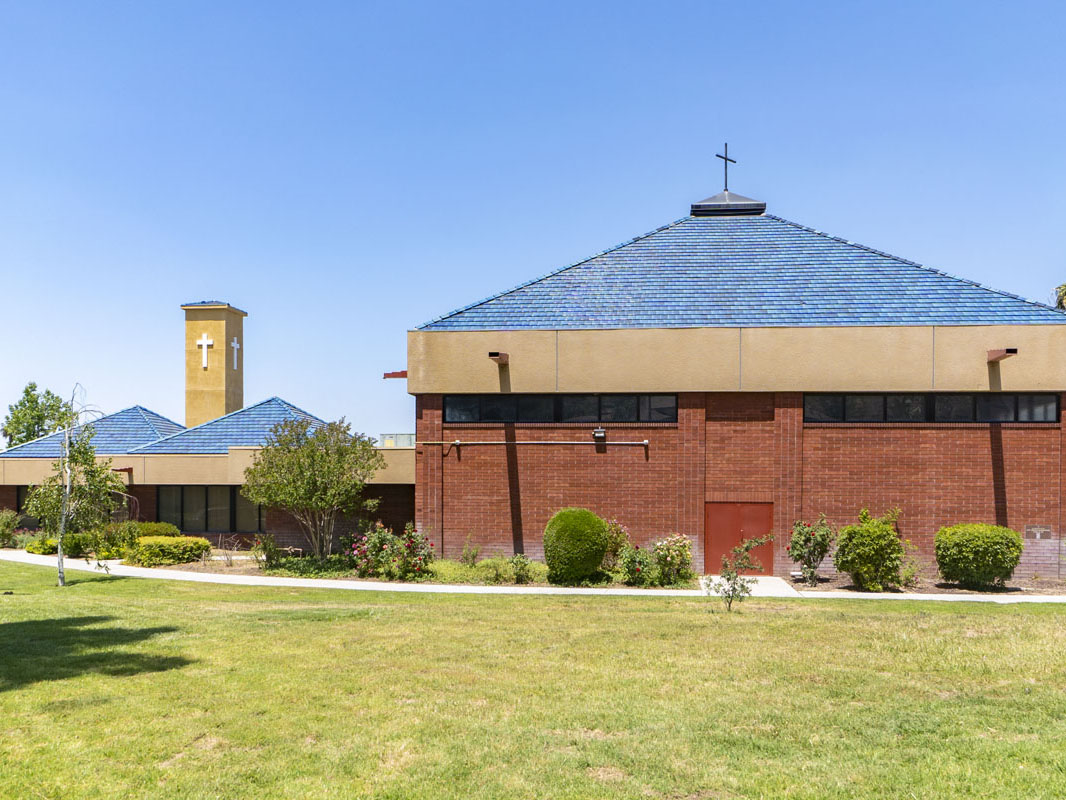
Under the United States tax laws, churches are considered public charities. Once filed as a Section 501 organization they are considered a nonprofit and are completely exempt from paying any federal, state, income and property taxes. While critics of these tax laws argue that it is a privilege, churches argue that it is their right and much debate has transpired as to the pragmatic and ethical concerns of these tax laws. Although people have argued that this is a form of favoritism, it is in fact the opposite; it is the cornerstone of the fundamental principle of church and state separatism.
The history of church tax exemption laws can be traced back to the late 19th century. In 1894, the pro-free trade Democrats wanted to reduce the Republican protectionist tariffs. The Wilson-Gorman Tariff Act was passed, which would reduce tariffs, but impose a 2% income tax on earnings over $4,000. Aside from an effort to raise funds during the Civil War, this was the first income tax law ever implemented. The following year, the Tariff Act was struck down by the Supreme Court as unconstitutional. The court claimed that the government had no right to take money out of people’s hard earned incomes. In 1913, the 16th Amendment was passed, which gave the government the right to impose federal income taxes excluding nonprofits as long as they followed certain regulations.
Although the religious institution itself is not subject to property or income taxes, employees of the institution still have to pay income taxes like everybody else. According to the IRS, money and other service fees collected from ministerial duties, offerings, marriages, baptisms and funerals are all subject to income taxes. This includes rabbis and other ordained clergy. For the purposes of Social Security and Medicare taxation, clergy within a religious organization are considered self-employed, although they do file regular W-2 paperwork just like any regular employee of a company.
The tax exemption status that religious institutions receive actually works in favor of church and state separatism. If this exemption were to be revoked, religious organizations would not be subject to the regulations of nonprofits. These organizations would be free to endorse candidates, organize their members to campaign on behalf of candidates, donate to candidates, form political committees and lobby Congress. One of the primary corruptions of the democratic system is lobbying efforts, in which candidates take money from groups and then work on behalf of those interests; candidates would be focusing their loyalty to a select few donors rather than the millions of people who vote them into office. If tax exemptions were revoked, these religious organizations would be free to lobby legislators.
Those opposed to this exemption claim that religious organizations often break one of the most important regulations: endorsement of candidates. Yet, clergy who endorse candidates to their congregations should not lose the tax exemption status. Such a system would require IRS agents to monitor the activities of religious organizations, which clearly impedes upon the separation of church and state. This is not only a complete violation of the regulations imposed upon nonprofit organizations, but it is also an impractical policy to try to implement. If religious organizations as a whole on a statewide, or national level were to donate and campaign on behalf of a given political candidate, this would be a reason for revocation of tax exemptions as it would endanger the principles of church and state separatism. However, individual clergy making sermons which endorse candidates should not be cause for losing tax exemption status.
Although critics may take issue with certain religions and their practices, these critics often forget that all religions enjoy tax exemption status. No religion is receiving special treatment. The government cannot show discrimination against one religion over another. No matter what a given religion’s belief system or how new that religion is, such as The Church of Scientology or The Satanic Temple, they all enjoy the same rights. In other words, to strip away the tax exemptions of Catholic churches would mean that the government would have to impose the same taxes on temples and mosques as well. Critics may have a specific religion in mind when they propose relinquishing tax exemptions, but they forget that such a policy would negatively affect all religious organizations.







